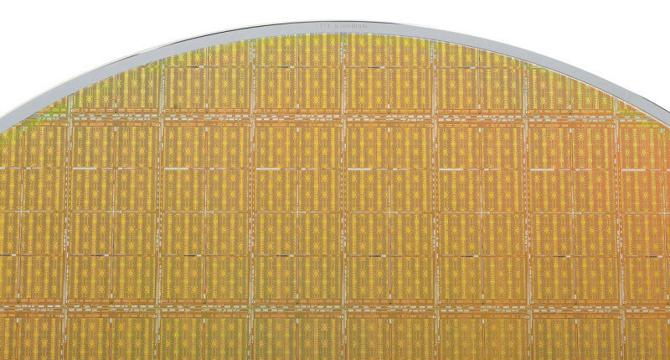Knowridge
3w
179

Image Credit: Knowridge
Scientists build tiny chip to solve big overheating problem in next-gen electronics
- Engineers are developing powerful microchips by stacking them on top of each other like a high-rise building, leading to smaller, faster, and more efficient systems for AI, communication, and imaging.
- The challenge with stacked chips is overheating, which MIT Lincoln Laboratory researchers are addressing by creating a chip that acts as both a heat generator and a temperature sensor.
- This special chip tests cooling systems for stacked microchips by simulating heat generation, measuring temperature changes, and evaluating the effectiveness of cooling methods in removing trapped heat within chip layers.
- The chip is part of a program to develop miniature thermal management systems for 3D heterogeneous integration, funded by DARPA, and could lead to advancements in defense technology, radar, communications, and AI-powered systems.
Read Full Article
10 Likes
For uninterrupted reading, download the app